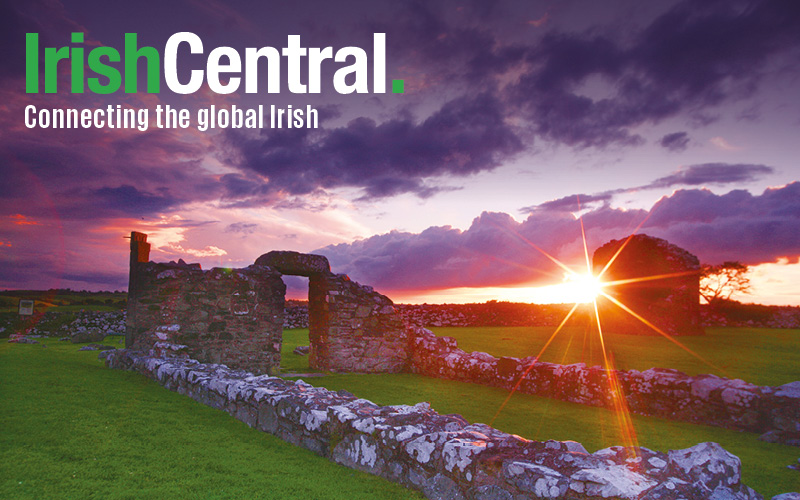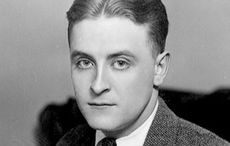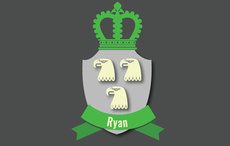Ireland has a rich history of relatively short-lived political parties
During election time in Ireland, the established parties tend to get a large slice of support from the electorate but others tend to take a punt on smaller political setups and since the foundation of the state there have been many minor parties in the hunt for seats in Dáil Éireann.
Read More: Ireland's General Election 2020: who would you vote for?
Irish agrarian society had its own political wing in the 1920s. The Farmers Party contested the 1922 General Election and won 7 seats. A year later, they boosted their Dáil representation to 15 seats. Splits fractured the party and in the 1927 General Election, The Farmers Party lost 9 of its 15 seats. By the mid-1930s, the party had dissolved when some of its members followed the Fine Gael flock while others ploughed in behind Fianna Fáil.
Captains of commerce also had a political party in the 1920s. The Businessmen's Party won two seats in the 1923 General Election. It was a party mostly consisting of upper-class Catholics and Unionist Protestants who were united in their capitalist interests. In the early 1930s, The Businessmen's Party amalgamated with the then newly formed Fine Gael.
Farmers and businessmen weren't the only interest groups to have political parties in the 1920s. The Irish National Association for the Blind contested the 1927 General Election with The Blindmens Party. They contested just two seats in Dublin but were unable to see beyond its poor polling and it disbanded shortly after.
Urbanites set their own agenda with The Town Tenants Party. It entered the 1923 General Election but failed to gain a concrete vote and detached itself from politics thereafter.
The Irish Worker League was founded by Jim Larkin in 1923 which linked up with the Lenin School in Moscow. In 1927, Larkin won a seat in the Dáil as a Worker League candidate but he was disqualified from taking his seat after he was declared bankrupt following a libel case against him by fellow Labourite William O'Brien.
Read More: Historic poll results sees Sinn Féin surge ahead
In the 1933 General Election, the National Centre Party won 11 seats. It was a conservative party that based its manifesto on issues of business and the red scare. It gained a strong right-wing following and associated with the Army Comrades Association, also known as The Blueshirts, but the party found a better balance when it annexed with Cumann na nGeal before they both merged to become Fine Gael.
In the 1943 General Election, the Monetary Reform Party won a single seat. The notoriously far-right party failed to win in the popularity stakes with its antisemitic stance and in the aftermath of WWII, the party waned before eventually disappearing from the Irish political landscape.
Coras na Poblachta was a brief Republican party in the early 1940s and fielded five candidates in the 1943 General Election. It later molded into the more successful Clann na Poblachta party headed by Sean MacBride.
Ailtiri na hAiseirghe was also a minor Republican party but it held fascist undertones. It contested elections throughout the 1940s and 50s and one of its main issues was outlawing the English language in Ireland but, the electorate spoke at the ballot box and refused the party until it faded from politics in the early 1960s.
Read More: The good and bad - Canvassing with Fine Gael ahead of Ireland's General Election 2020
The Irish Housewives Association entered politics in 1957 when it contested that year's General Election. It was founded in 1942 on matters of consumerism and women's rights and among some of its aims was the abolition of the ban on married women working in the civil service. They fielded 4 candidates but the housewives failed to cook up enough support and they were rejected at the ballot box. It wound up in the 1990s, a decade which saw two female presidents, more female TDs and a sense that women were finally gaining respect in Irish society.
In the 1973 General Election, Aontacht Eireann fielded 12 candidates and all 12 lost. The party was founded by Kevin Boland who left Fianna Fáil when he felt it was ignoring the plight of nationalists in the six counties. Aontacht Eireann was founded on the principals of Republican socialism but it bizarrely became infiltrated by right-wing nationalists in the late 1970s and Boland resigned in 1976 before it was wound up in 1984.
The Ecology Party entered the 1982 General Election with 7 candidates and a manifesto drenched in environmental issues but, the electorate was not yet ready to embrace the environment and Ecology's 7 candidates lost. A year later it rebranded itself as The Green Alliance and in 1987 it was renamed the Green Party.
The Tax Reform League entered the 1987 General Election with four candidates with its aim of changing the tax system. It failed to win any seats and gradually faded as the 1990s dawned and a Celtic Tiger cub was born.
Now as we find ourselves stuck in a season of political jiving it will be interesting to see today's minor parties vying for position on an already crowded dancefloor!
Read More: Irish general election called for February 8
This article was submitted to the IrishCentral contributors network by a member of the global Irish community. To become an IrishCentral contributor click here.




Comments